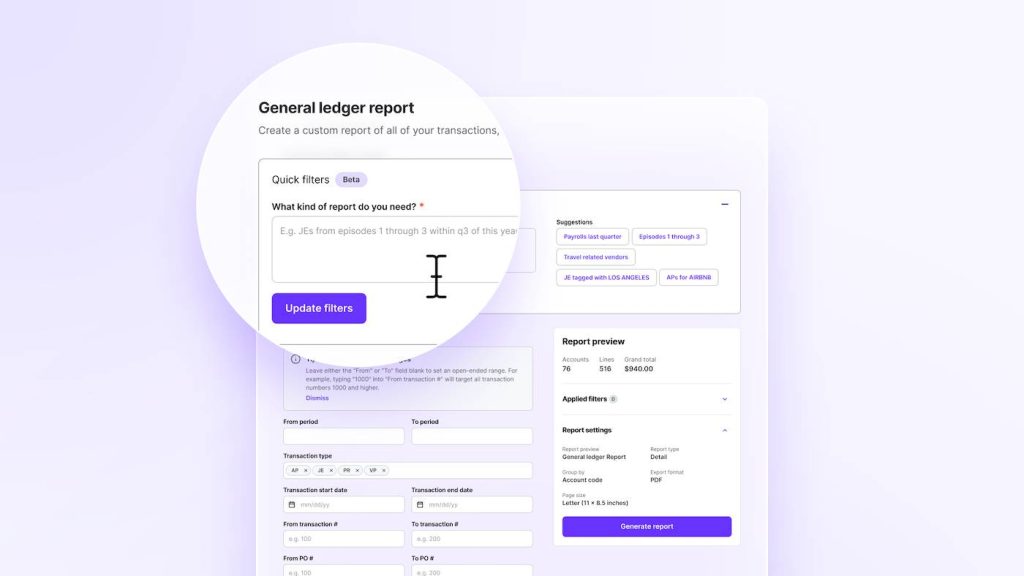The Great Escape: How Wrapbook is Freeing Hollywood from Payroll Hell
Wrapbook was founded with the idea of streamlining payroll and accounting services for the entertainment industry. Since its inception in 2018, the company has made significant strides in achieving this goal by creating a platform that seamlessly combines onboarding, payroll processing, expense tracking, and real-time financial reporting within a single interface.
“At Wrapbook, what’s really been coming together is the integrated experience for a company between payroll, accounts payable, and accounting. And then the workers, cast, and talent have access to everything they need,” says CEO Ali Javid, who co-founded the company with Cameron Woodward, Hesham El-Nahhas, and Naysawn Naji. “I think this industry is one where it’s not always the case, but we like to help production companies prosper, whether that’s a small independent film or a large studio. We are really trying to help and be an additive.”
Wrapbook’s integrated payroll, accounts payable, and accounting platform stands out for its easy-to-understand navigation and functionality, where no matter your level of experience, you can hit the ground running. There are no monthly, annual, or tech fees, and customers pay for what they actually process. The platform processes payroll and accounts payable in the U.S., but can be accessed internationally. AI-powered tools help to automate tasks, improve accuracy, and pinpoint discrepancies in real-time. It’s all in the name of simplifying workflow for those using the platform – a mantra deeply ingrained in Wrapbook’s company culture.
“One of the things that’s happened in our industry is that historically it has been very hierarchical, where if you go ask the person at the very top, Is this wrong? They’ll have no context and may assume that it works perfectly. But then, when you go talk to the person who’s actually doing the work, they’re like, This is insane,” suggests Javid. “So at Wrapbook, we have given value to surfacing issues, and our people are rewarded for explaining what’s not working. The entire point of it is that no leader at Wrapbook is allowed to be in an ivory tower. Every leader has to know everything that’s not working, and they’re responsible for improving upon it.”
Below, Javid shares how the company is changing the way people approach payroll and accounting in the entertainment industry, and how Wrapbook continues to evolve as the industry changes.
What have been the major stepping stones to Wrapbook’s growth?
At Wrapbook, one of the things that we believe in is having a rapid pace of innovation. What that means is that our milestones are daily. Every day, our company has to be better than the day before. Over the years, a great deal has changed. The first production we ever supported was someone’s passion project, and it cost around $1,000 per payroll. That was back in 2018, and you’ve progressed to now, where most studios today use Wrapbook. What hasn’t changed is that we deeply care about every production regardless of size and roster.
What did you see missing from the industry?
It began with producers complaining about not having modern tools to manage their people. They all pointed to the stacks of paper timecards and I-9s and complained about the logistics surrounding this, as they were chasing people around the set trying to collect signatures instead of focusing on getting the shoot done. We started by solving the root problem – getting good data in digitally. We built an experience that the crew loved. We improved onboarding and timecards, making producers’ jobs more efficient. This, in turn, was a force multiplier for accountants, enabling them to shift from brute-force manual efforts to managing a production that stays on budget. There’s less budget, there’s higher scrutiny, and the industry needs a solution to keep up with the times. Wrapbook is the next standard for production finance.

With the speed at which the industry evolves, how has Wrapbook adjusted to changing trends?
What’s really been coming together for us is a fully integrated experience—connecting payroll, accounts payable, and accounting through AI—while also giving workers, cast, and talent agents seamless access to everything they need. We want to help production companies – whether it’s a small independent film or a large studio – and their crews prosper. Everyone is in an enormous amount of pain right now, and we are trying to help and be additive.
What’s impressive is the amount of free information on the website. It’s direct, simple to navigate, and easy to understand, no matter the experience level. What’s the engine that’s making that happen?
Wrapbook is now around 350 people and 40 teams. Every team is responsible for solving the problem they’re closest to, and they’re empowered to go solve that problem. What that means is if somebody is working on something and they see an issue, that team better go and improve it. They shouldn’t wait for leadership to say, Hey, this is important. This is the way Wrapbook operates, and I think it’s become a magnet for many amazing people in our industry who’ve wanted to improve it, only to be told they’re not allowed to. At Wrapbook, they join and have the ability and resources to make the changes that they’ve been wanting to do.

Wrapbook offers invaluable services for any budget. For instance, help with film financing and health insurance. How does the company confidently introduce new services?
We’re in the business of moving money, administering, and selling insurance. These are areas where quality and accuracy really matter. Laura Winn has been running ACA for us and our insurance agency, and has also managed corporate risk for Paramount. So I think it starts with having the right people of the right caliber, and then I think it’s about building with them. Our goal is to tell amazing stories that move people. Everything we do is in service to that goal. And at Wrapbook, in a way, we’re just trying to remove obstacles in a dependable way so that people don’t have to worry about it and can focus on the story.
The company also has a partnership with Emily Rice, allowing anyone to access her invaluable list of industry accounting and finance job opportunities. How did that collab come about?
We were asking ourselves: how can we help accountants? One of the things that constantly came up was finding the next job. Emily’s list has been around forever and is the de facto job list. We started talking with Emily and said that we really want to support accountants, asking if there are ways we could do that better together. We ended up collaborating on this project together, which has been really great. It’s purely to help accountants find a job and provide them with a community that’s theirs to interact with and support one another. It’s been powerful for us to be a part of the community, and we’ve been really grateful for accountants letting us participate.
The Wrapbook podcast tracks the pulse on industry happenings. One of the latest episodes is an update to the California Film & TV Tax Credit Incentive bill. Is education a large part of the company culture?
It’s more than knowing. I think it’s helping to push. If you look at what’s happened with manufacturing, it’s really hard to manufacture in the U.S. It wasn’t always that case. But what happened was that people moved manufacturing overseas. And slowly, we lost the ability to actually manufacture. And if you look at what’s happening in production, it started with US production companies hiring production services arms overseas. These production services would then hire a crew, and we’d ship out talent and directors. But now foreign production services companies have their own directors, they have their own writers, they’re pitching studios, and then they’re getting financed directly. What’s happening is that we are at the early stages of losing the ability to produce productions in the U.S. If all the infrastructure shuts down – all the sound stages go away, the rental shops, the prop houses, the up and coming people who are scraping by to get experience – if all that moves, eventually, you’ll lose production in the U.S. in the same way you lost manufacturing. For me, the podcast and other resources are simply being a good citizen.
Is there something Wrapbook has learned from that community that’s helped improve services?
We learn constantly. We have built a service and product that people love, and as a result, they provide us with constant feedback. And we really appreciate it, because it makes us better. One of the AI features we launched earlier this year was in direct response to feedback from a finance executive at a studio. They told us that they sometimes have questions, and to answer them, they have to go ask accounting, who then have to run five hours of reports, and come back with an answer. They said it would be great if we could simply type the question and the system would provide a response. So we did that, and we can now produce a standard general ledger report for only what you asked.
This article is part of an ongoing series that raises awareness about the businesses and individuals in the film and television community. Wrapbook is a member of the California Production Collation. You can find more about the company here.
Featured image: Credit: Phil Ashley/Getty.



